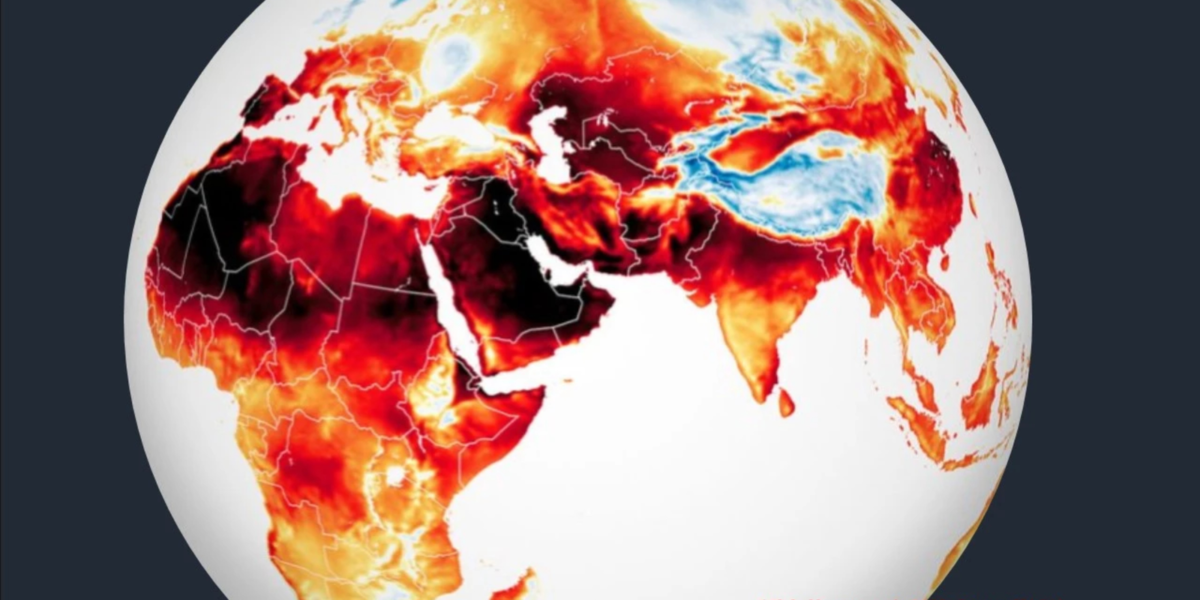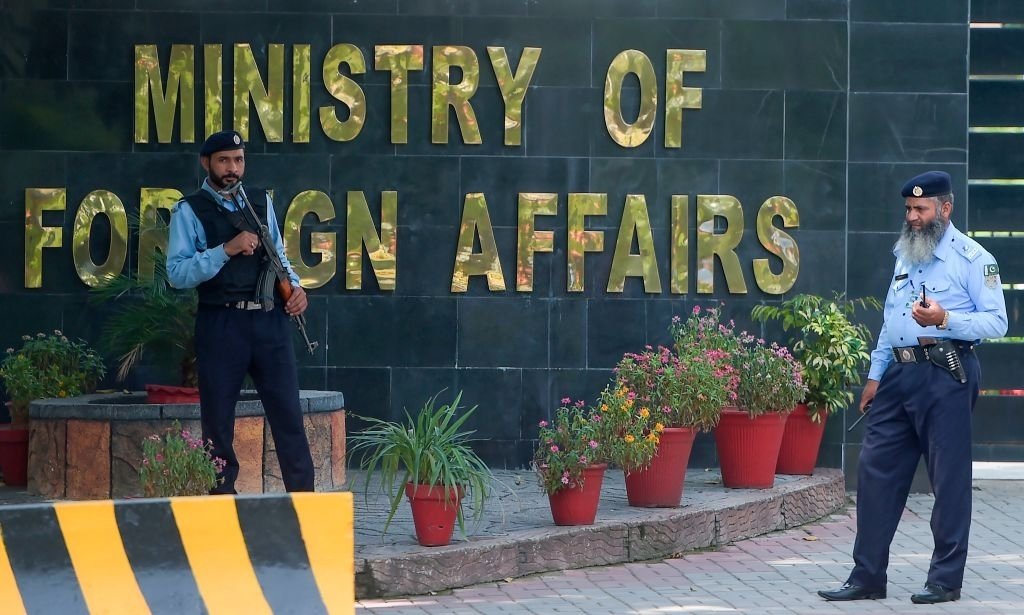LONDON: As sweltering temperatures grip large parts of the Northern Hemisphere this week, authorities and health experts are issuing urgent warnings to safeguard public health.
Areas across China, India, the Middle East, southern Europe, and the United States are preparing for potentially record-breaking highs.
Health risks of extreme heat
The effects of heat on health are multifaceted:
Heat exhaustion: Symptoms include dizziness, headaches, shaking, and thirst. While typically not severe, cooling down within 30 minutes is crucial.
Heatstroke: This serious condition occurs when the body’s core temperature exceeds 40.6 degrees Celsius (105 degrees Fahrenheit), posing a medical emergency. Symptoms include rapid breathing, confusion, seizures, and nausea, with potential for long-term organ damage and death.
Climate change is exacerbating these risks as rising temperatures also increase humidity. Warmer air can hold more moisture, making it harder for individuals to cool down through sweating.
Vulnerable populations
Certain groups are particularly vulnerable, including infants, the elderly, homeless individuals, and those with pre-existing health conditions like respiratory or cardiovascular diseases.
Read More: UAE remains a top destination for global millionaires
Heat-related deaths are a significant concern, though many countries do not classify heat as a direct cause of death, complicating efforts to quantify its impact globally.
Secondary risks and impacts
Beyond direct health impacts, extreme heatwave can lead to:
– Increased bacterial and algae growth in water bodies, potentially leading to disease outbreaks like cholera.
– Crop damage, threatening food security.
– Heightened risk of wildfires and subsequent air pollution, which can cause respiratory issues.
– Effects on mental health, including disrupted sleep patterns due to rising nighttime temperatures.
Preventive measures
Public health agencies worldwide advise the public to:
– Avoid exertion in high temperatures and stay hydrated.
– Utilize cooling centers and air-conditioned spaces where available.
– Check on vulnerable individuals, ensuring they have access to necessary resources and medical attention if needed.
As global temperatures continue to rise due to climate change, experts emphasize the importance of proactive measures to mitigate the health impacts of extreme heat.
Emergency response
Immediate medical attention is crucial for anyone experiencing symptoms of heatstroke, underscoring the severity of this condition during heatwaves.
Authorities and communities are implementing measures such as adjusted work hours, school closures, and the provision of cooling facilities to protect vulnerable populations from the dangers of extreme heat.
The ongoing challenge remains adapting to and preparing for more frequent and intense heatwave as climate change progresses.
















